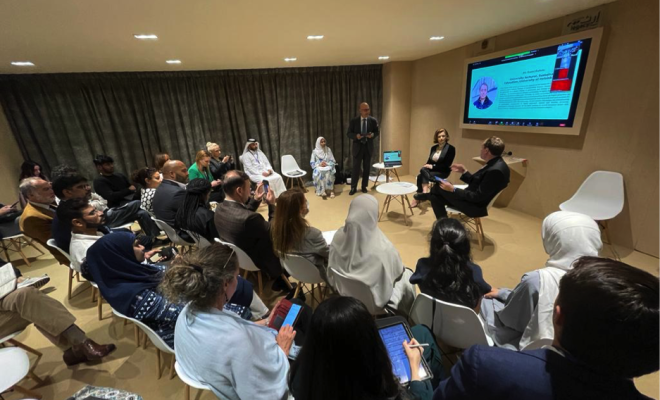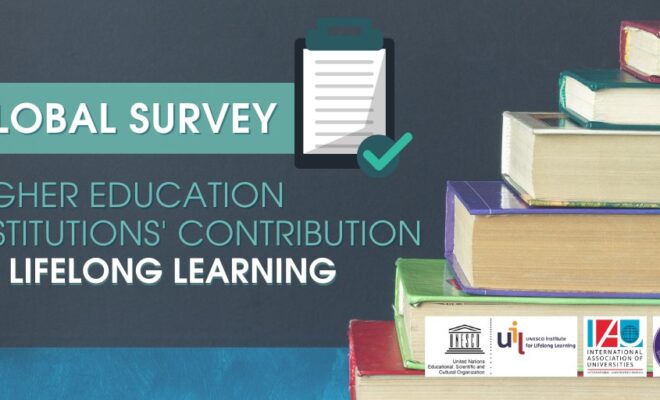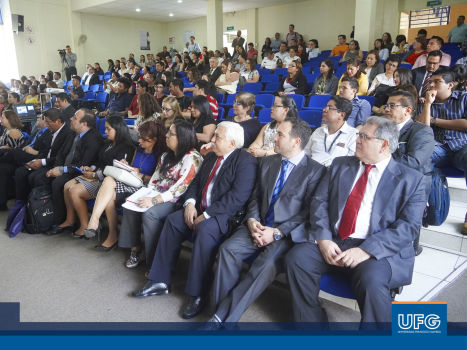UNESCO IESALC publishes new insights on the autonomy of higher education quality assurance agencies worldwide
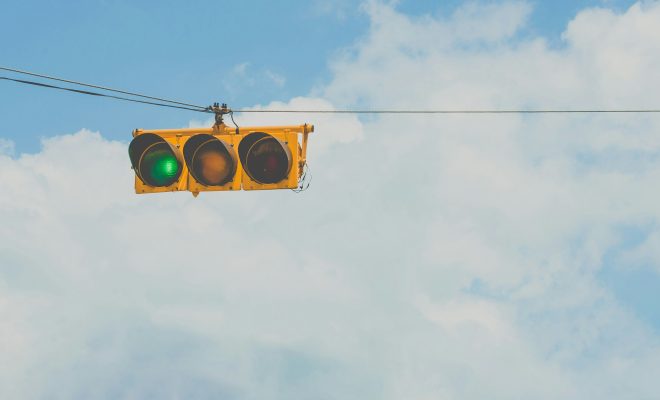
In higher education, the autonomy of quality assurance agencies is essential to ensure objective evaluations of HE institutions and programs. Autonomy enables agencies to operate freely from undue external influences, strengthen transparency and credibility, and protect the principle of academic freedom in HE systems. The HE Policy Observatory reviewed national HE systems globally to explore which countries recognize through their legislation the autonomy of national higher education quality agencies.
Among the 85% of countries worldwide that established a national higher education quality assurance agency (i.e. 124 out of 146 countries), about 70% of them explicitly confer autonomy to these agencies in their legislation. There are large differences between world regions and income levels. For example, nearly 85% of high-income countries legally recognize this autonomy, as compared to 45% of low-income countries.
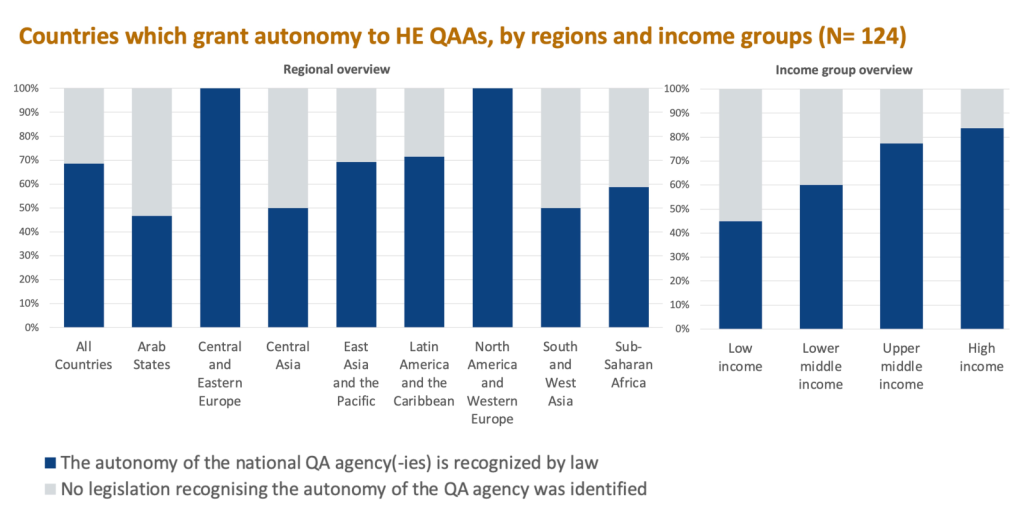
Countries that have not granted autonomy to higher education quality assurance agencies could explore ways to do so. The HE Policy Observatory stands as a valuable resource, offering insights from comparable contexts worldwide, fostering the exchange of experiences and encouraging international collaboration. Yet, achieving quality assurance agencies’ effective autonomy goes beyond its sole recognition. It requires providing agencies with adequate resources to operate and setting up relevant legal safeguards to uphold accountability while mitigating the risks of inconsistent or biased evaluations. Researchers in higher education can significantly contribute to this endeavor by identifying the conditions under which autonomous quality assurance agencies can be best equipped to achieve their goals.
Check out the UNESCO IESALC Policy Insight on the autonomy of national quality assurance agencies worldwide here.
RELATED ITEMS

